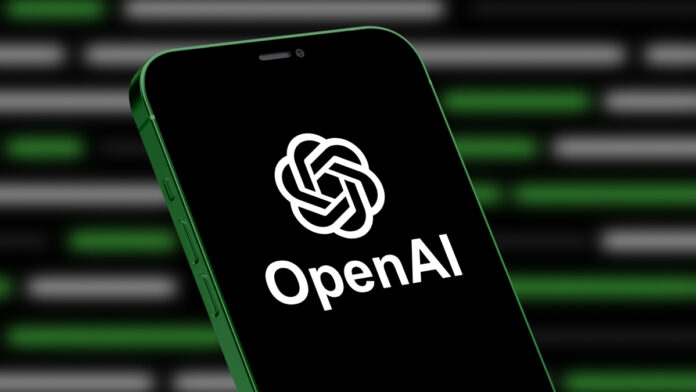The legal battle between The New York Times and OpenAI over copyright infringement is posing a challenge to the artificial intelligence industry. This blog post delves deeply into this intricate matter, examining the arguments made by both sides and their possible effects for AI going forward.
In a recent twist in the legal proceedings, OpenAI is now seeking to dismiss certain parts of the lawsuit, contending that NYT ‘hacked’ ChatGPT to obtain misleading evidence. OpenAI claims that deceptive prompts, violating their terms of use, were utilized to exploit a bug. The company has not disclosed specifics regarding the identity of the individual or entity responsible for the alleged hacking.
OpenAI’s statement asserts, “They were able to do so only by targeting and exploiting a bug by using deceptive prompts that blatantly violate OpenAI’s terms of use,” as it requests the dismissal of the case. OpenAI further claims that NYT tricked ChatGPT by submitting “deceptive prompts that blatantly violate OpenAI’s terms of use.”
NYT swiftly responded, with lead counsel Ian Crosby stating, “What OpenAI bizarrely mischaracterizes as ‘hacking’ is simply using OpenAI’s products to look for evidence that they stole and reproduced The Times’s copyrighted work.”
The legal dispute extends beyond the copying allegations, as OpenAI alleges NYT paid someone to hack their products. NYT’s lawsuit initially accused OpenAI of widespread copying from various media organizations, with a particular emphasis on NYT content.
The lawsuit not only raises concerns about intellectual property but also underscores the broader ambiguity in the AI industry regarding the fair use of copyrighted material, given the lack of legislative clarity on AI training practices. OpenAI’s move to challenge key claims suggests potential far-reaching implications for the AI landscape and its evolving legal framework.
As the legal battle unfolds, the tech industry watches closely, recognizing that the outcome could significantly impact the trajectory of AI development and the legal implications surrounding the use of large language models.


